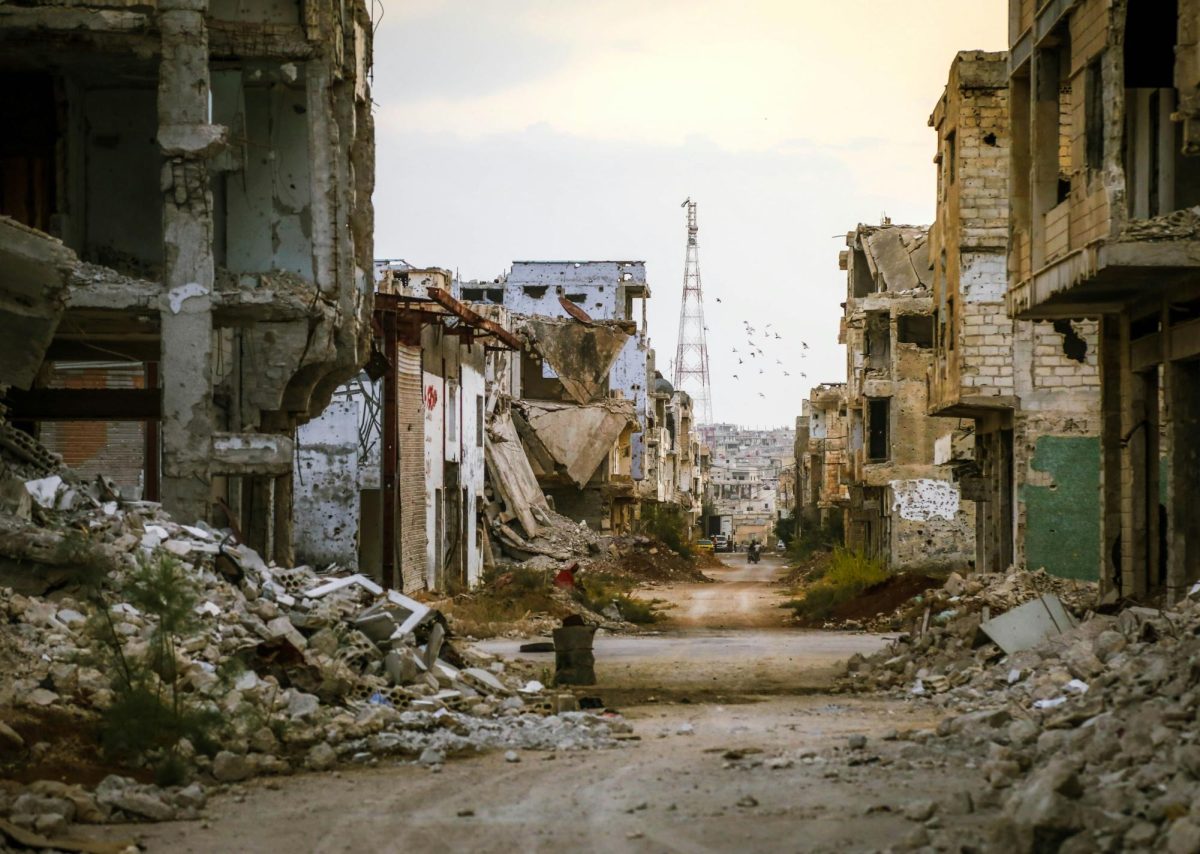As a humanist, I believe that human beings possess real power and ability to alter the world positively or negatively. Focusing on the former is difficult and can often be expensive and tiresome. However, a deep commitment to the humanity of others does not go without a struggle.
Libya desperately needs an application of this positive struggle, and developed nations (such as the U.S.) have an obligation to help.
Massive flooding has overwhelmed Libya, particularly in the coastal city of Derna.
According to the New York Times, harsh flooding from Storm Daniel struck Libya, not only in Derna but “dousing Shahhat, Al-Bayda, Marj, and other towns and displacing more than 34,000 people.”
In addition to the staggering number of those displaced, “The death toll has varied, with government officials and aid agencies giving tallies ranging from about 4,000 to 11,000 dead,” according to ABC News.
At first glance, these results would likely make one think that full attention has been given to the situation. Various countries have given aid to Libya. However, with such devastation, one must ask the question of is it enough?
For comparative purposes, the U.S. has given “more than $75 billion in assistance to Ukraine, which includes humanitarian, financial and military support, according to the Kiel Institute for the World Economy, a German research institute. Libya, however, has received a mere $11 million to Libya in light of the natural disasters.
Recent requests by humanitarian groups for more aid sit at around $71 million for people displaced by the floods. In a country already struggling with vast economic issues, these floods can potentially extend these problems for years to come.
Readers at this point may be asking, why is the U.S. responsible?
The U.S. is not fully responsible. It must be a coordinated effort from developed nations. Of course, to believe this, one must buy into the idea that human life is more important than economic cost.
I also am not attempting to equate the repercussions of allowing Russia a victory in Ukraine with the devastation in Libya; they are different issues, and that is clear. However, closing in on $100 billion in aid given to Ukraine (with more coming), why should we not expect the U.S. to fund this humanitarian cause?
Instead of trying to help people who already have been struggling for many years in
Libya, we continue to fund a proxy war with Russia that does not seem to be nearing an end.
The idea of limiting our involvement in the Ukraine war has become a popular topic of debate in the U.S., especially when considering the cost to taxpayers and the major domestic problems that go unaddressed. That is one side of the argument; however, we must also consider the problems worldwide and how we can help (principally because the U.S. has an extensive past in Libya).
I encourage all who read this to look into Libya’s devastation. There are many heartbreaking stories and photos that explain much more than I ever could describe.
Keep Libya in your thoughts.









Yashar | Sep 26, 2023 at 7:46 am
I completely agree with this article!